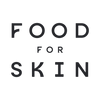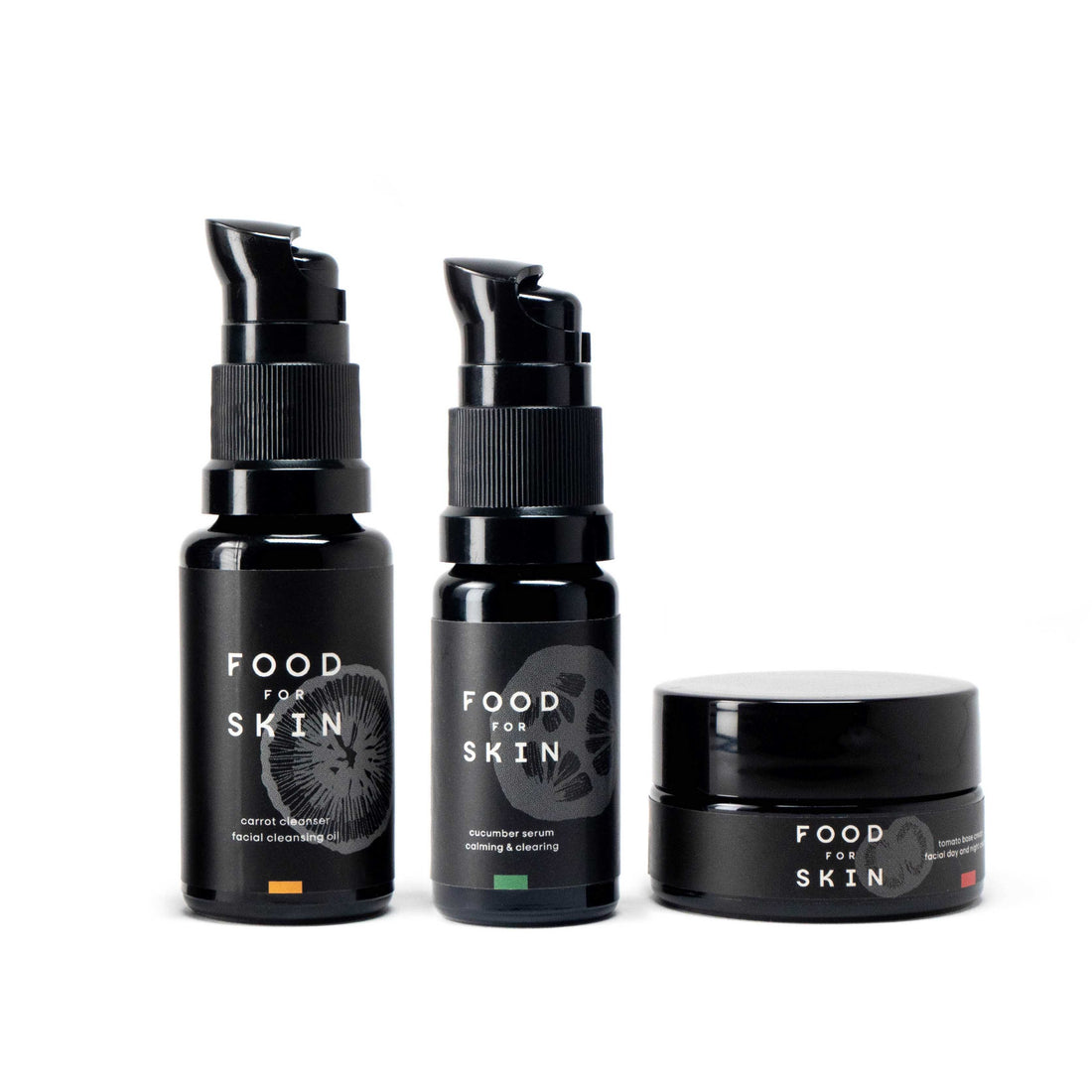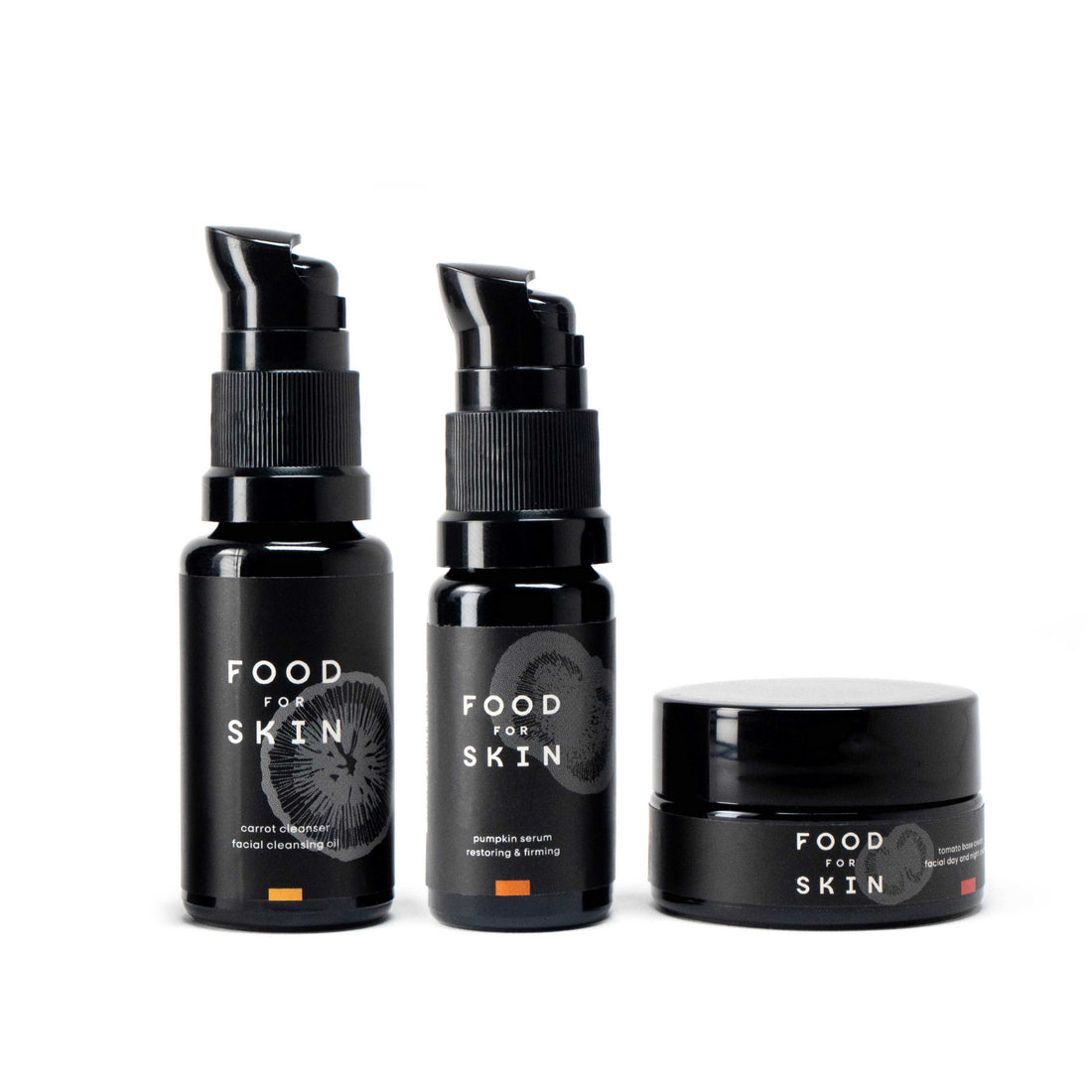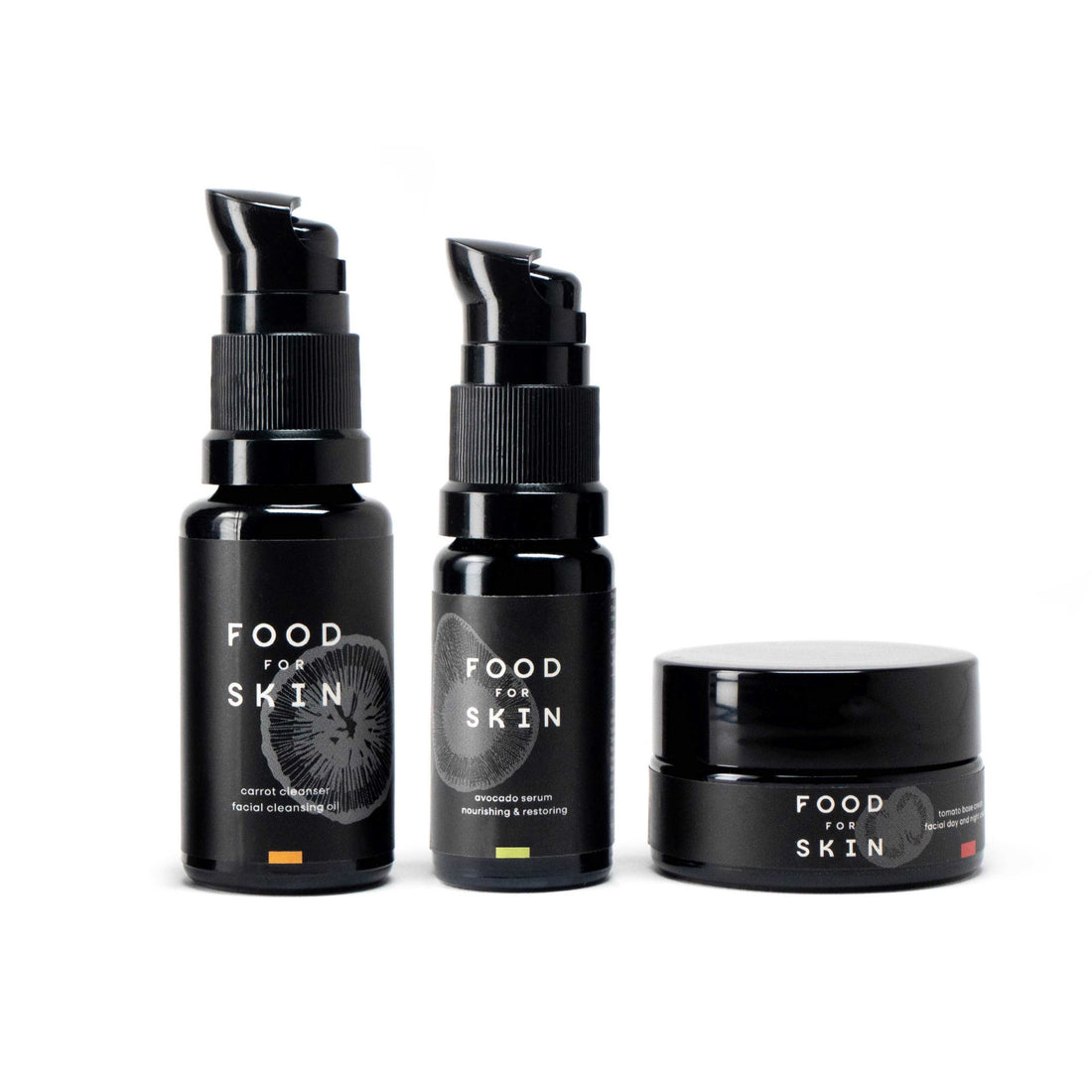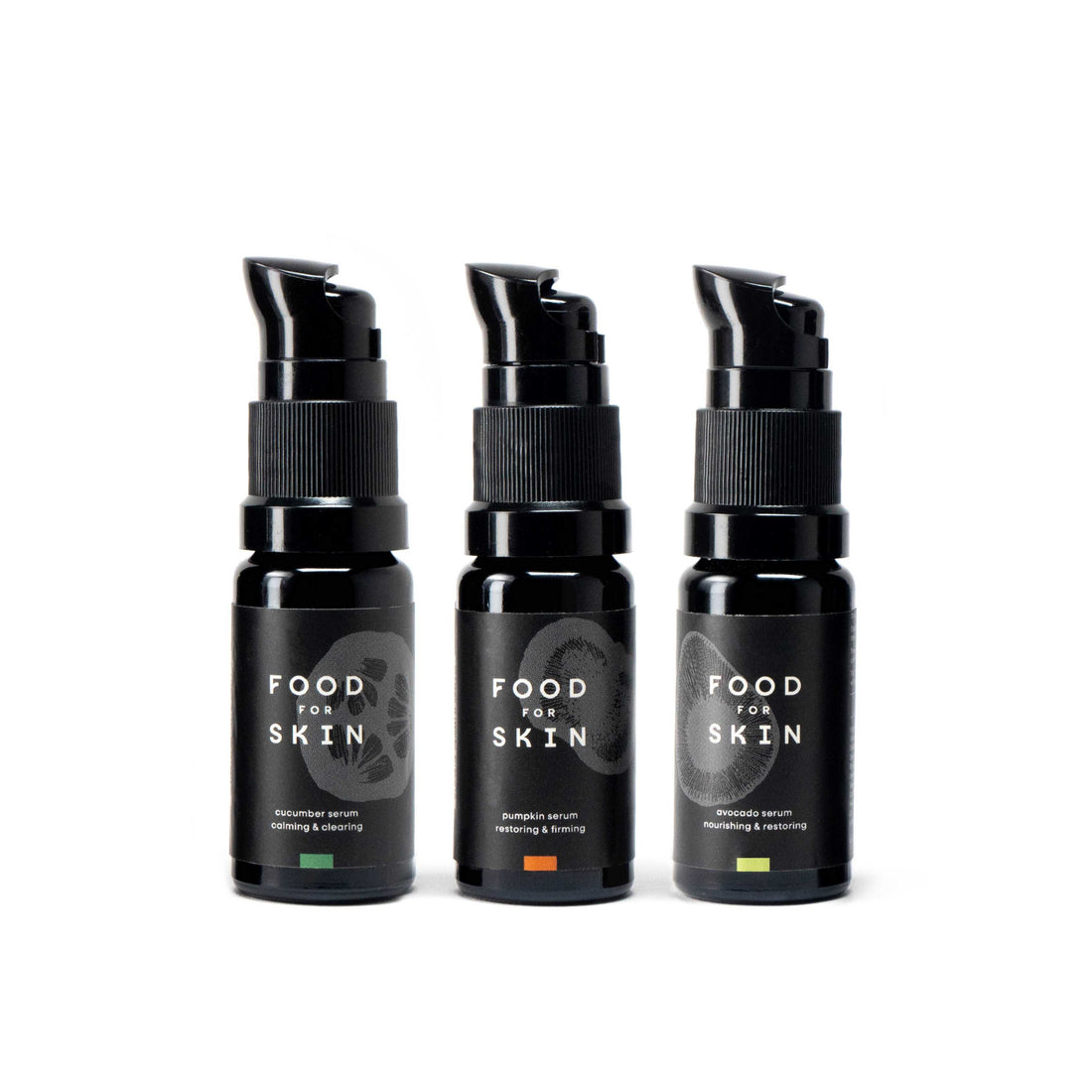We can wrap a lot of makeup around it, smear thick layers of greenwashing on top of it, conceal things with a lot of makeup, but the fact remains that many (large) companies in the cosmetics sector continue to deliberately add rubbish to cosmetics, shampoos and skin care products.
Microplastics are forever plastics and non-biodegradable. This is a major problem because they end up in the water through your shower drain. And because they're too small to be filtered out of the water, they end up throughout our entire ecosystem. That's why cosmetics without microplastics are better for you and the planet.
The hidden reality behind microplastics
Plastic microparticles are deliberately added to cosmetic products. Microplastics are tiny particles of (liquid) plastic. Fortunately, larger particles (previously used in products like scrubs) were banned in 2013, but even today, more than 500 types of microplastics are still deliberately added to cosmetics and other products.
Is the cosmetics industry allowed to use microplastics? By continually developing new forms of microplastics—ever smaller and ever more fluid—it's still possible to add microplastics to cosmetic products. Currently, the law only prohibits these old/larger particles, but manufacturers have been clever enough to create all sorts of new forms that don't fall under this legislation.
Because manufacturers use this limited definition of microplastics, some still add "no microplastics" to their products. It's imperative that we create a clear definition of microplastics so manufacturers can no longer hide behind these empty words.
Effects of microplastics on your health
In March 2022, anew study from the Vrije Universiteit Amsterdam also showed that these plastics can also end up in human blood. Source: Environmental International, Heather A. Leslie et al.
The potential health risks of these plastic particles are still unclear, but many scientists are concerned about their impact on human health. Research is needed to determine whether and how easily these particles spread to organs such as the brain, or what their effects are on immune cells.
Environmental consequences
The Plastic Soup Foundation is doing groundbreaking work to eliminate microplastics from cosmetics. They have the Beat the Microbead app, which allows you to easily scan your products, and they also conduct extensive research.
They created this report , which examined 10 well-known brands down to the smallest microplastics. Spoiler alert: nearly 90% of these brands contain microplastics.
Microplastics accumulate massively in oceans and pose a major environmental problem. They float in water bodies, sink to the seabed, or are ingested by plankton, fish, and shellfish. This causes them to enter the entire food chain and disrupt ecosystems: animals are weakened, plants have less chance to grow, and biodiversity declines. According to the Plastic Soup Foundation, between 5 and 13 million tons of plastic enter the major oceans every year. This affects not only marine life but also coral reefs and coastal areas, putting entire ecosystems under pressure.
Why choose microplastic-free cosmetics?
We believe companies should take responsibility and stop producing products containing microplastics. But as a consumer, you do have power! With your purchases, you determine what will continue to be produced, and this way, you can make an impact. We use cosmetics (toothpaste, deodorant, creams, serums, cleansers, sunscreen) every day. So, every day you can prevent these from ending up in the environment by choosing (skin)care products without microplastics.
Food for Skin's mission: cosmetics without microplastics
What makes Food for Skin produce facial care products completely free of microplastics?
- Food for Skin adds absolutely no microplastics to its ingredients. In fact, all our ingredients are of natural origin and used in the purest possible form.
- We use glass bottles and jars to prevent the risk of contamination with plastic. Not every product packaged in plastic automatically contains microplastics. The risk of contamination certainly exists, but it depends on the type of plastic and whether it has a protective layer.
- The sunscreen tubes, made from 100% recycled plastic from the Netherlands, have a biodegradable layer on the inside, minimizing the risk of contamination.
- The Plastic Soup Foundation has inspected all our products and we have received the 'No plastics inside' quality mark for all products.
Conclusion: your choice makes a difference
Small steps make all the difference! Shop consciously and choose skincare products without microplastics. Want to know how to recognize microplastics in ingredient lists and what alternatives are available? Then read our practical step-by-step guide to microplastic-free skincare .

